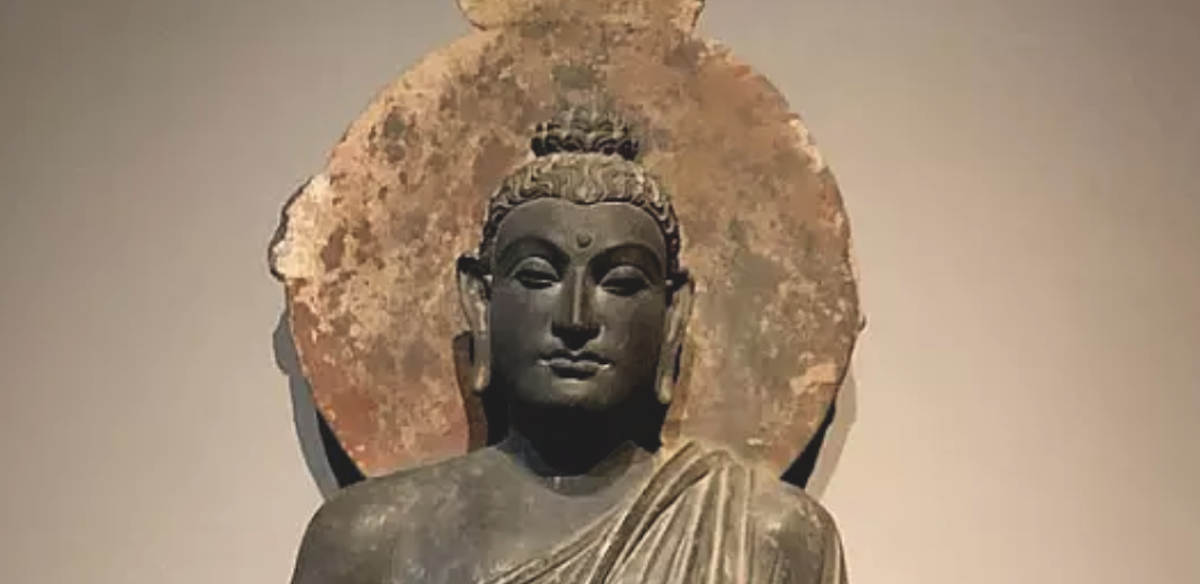Speaker: Somadeva Vasudeva, Professor, Kyoto University
Date & Time: Thursday, September 5, 2024 | 5pm-6:30pm
Venue: 370 Dwinelle Hall, University of California, Berkeley
Sponsor: Numata Center for Buddhist Studies
Contact Info: Sanjyot Mehendale, Numata Center for Buddhist Studies, buddhiststudies@berkeley.edu
Access Coordinator: Sanjyot Mehendale, buddhiststudies@berkeley.edu, 5106435104
Abstract: In this talk I will consider in what sense the three surviving works of the 2nd cent. Buddhist monk (bhadanta) and great poet (mahākavi) Aśvaghoṣa of Sāketa can be identified as Buddhist poetry (kāvya). The question of “What makes a poem Buddhist?” finds analogues in a long line of disputes recorded in Alaṅkāraśāstra treatises seeking to define poetry as a distinct form of literature. Was Aśvaghoṣa a Buddhist monk who composed poetry, or was he a poet who composed Buddhist poetry? Or something else altogether? Is what he himself declares about the purpose of his literary activity credible?
Speaker: Somadeva Vasudeva received his PhD from Oxford University for work on the Yoga of the Mālinīvijayottara Tantra in 2000. Since then he has been a Postdoctoral Researcher at the École Française d’Extrême-Orient in Pondicherry in South India and has held Sanskrit teaching positions at UC Berkeley, at Columbia University in New York, and Kyoto University in Japan. He is currently Professor of Indian Philosophy and Transcultural Studies at Kyoto University in Japan. His main areas of research are Theistic Yoga, Sanskrit Philosophy, Poetry and Aesthetics.
See the original event posting here.

